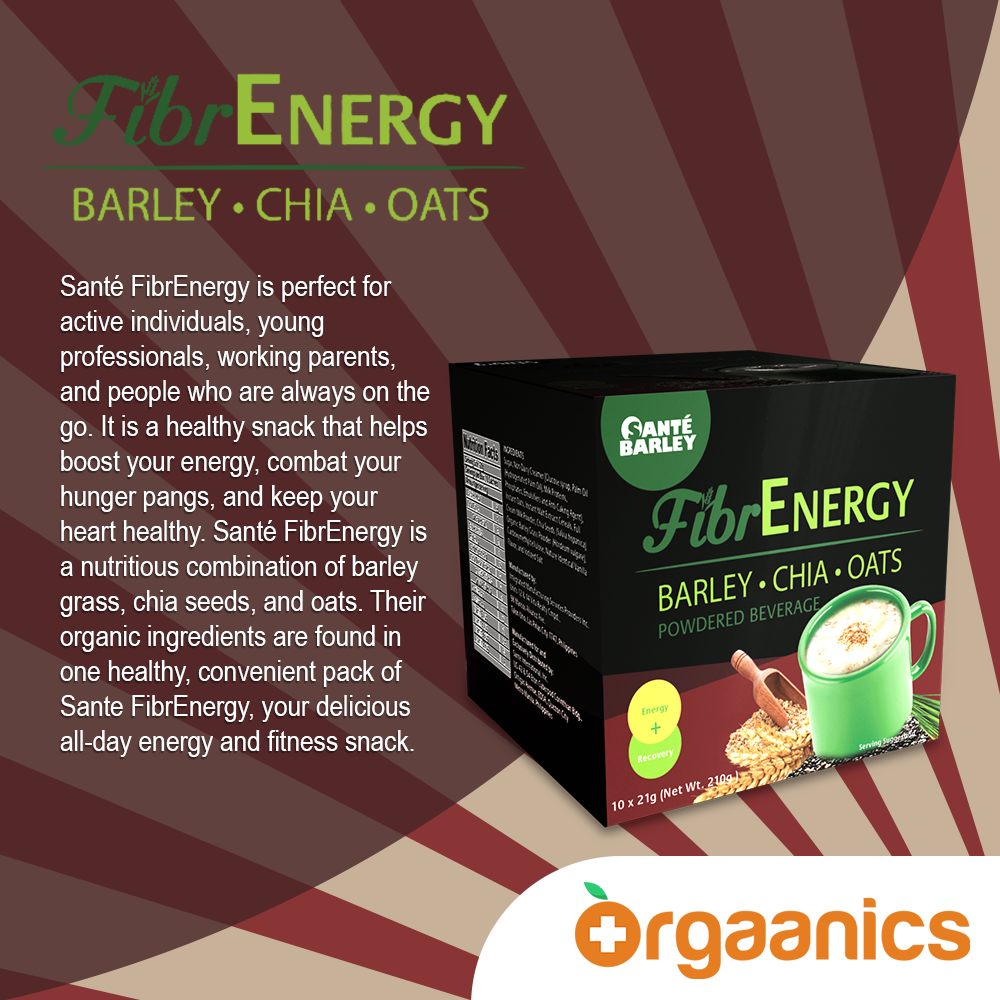If you are over 70 years old, some of your dietary needs differ from other populations. Your calorie needs decrease as you get older, yet you may need more of some key nutrients.
How Many Calories
The amount of calories you need depends on how physically active you are. The USDA defines a sedentary lifestyle as one in which you are limited to the activities of daily living. If you walk briskly for more than 3 miles a day, you are considered active. You may need more or fewer calories than what’s recommended if you are unable to maintain a healthy weight.
- Men: A sedentary male over the age of 70 requires around 2,000 calories. Consume about 2,600 calories a day if you are active.
- Women: Eat between 1,600 to 2,000 calories daily if you are a sedentary to active female older than 70 years.
How Much Protein
Healthy men over 70 should aim for 56 grams of protein a day from meat, chicken, fish, beans, and dairy products. Shoot for 46 grams of protein if you are a female of the same age.
One serving of lean meat, poultry, pork, or fish is the size of a whole deck of cards or the palm of your hand. This one serving is approximately 3 ounces or 21 grams of protein.
Other sources of protein:
- 5 oz Greek yogurt = 12-18 grams
- 1/2 cup beans = 6-9 grams
- 8 oz dairy milk = 8 grams
- 8 oz soy milk = 7 grams
- 1 oz (size of your thumb) hard cheese = 7 grams
- 2 tbsp peanut butter = 7 grams
- 3 oz tofu = 6 grams
- 1/4 cup nuts = 4-6 grams
How Much Fiber
Eat a variety of fruit, vegetables, beans, and whole grains to get the recommended 28 grams of fiber daily for an adult male over 70. If you are female, strive for 22 grams of fiber a day.
Sources of fiber:
- 1 cups lentils, boiled = 15.5 grams
- 1 cups black beans, boiled = 15 grams
- 1 cup green peas, boiled = 9 grams
- 1 cup raspberries = 8 grams
- 1 cup spaghetti, whole-wheat, cooked = 6 grams
- 1 cup cooked quinoa or instant cooked oatmeal or 1 oat bran muffin = 5 grams
- 1 cup broccoli, chopped, boiled = 5 grams
- 1 medium apple with skin = 4.5 grams
- 1 medium baked potato = 4 grams
- 1 ounce (23 nuts) almonds = 3.5 grams
- 1 medium orange, 1 medium banana or 1 cup of strawberries = 3 grams
Another great source of fiber, energy, and other health boosters is Santé FibrEnergy from Orgaanics. Choose Santé FibrEnergy as a healthy breakfast meal and snack throughout the day.

How Many Carbohydrates
Both men and women in this age range should consume around 130 grams of carbohydrates per day.
Sources of carbohydrates:
- 1 cup cooked pasta or rice = 45 grams
- 1 medium baked potato = 40 grams
- 6″ banana = 30 grams
- 6″ pita = 30 grams
- 1 medium sweet potato = 25 grams
- 1/2 cup cooked beans = 18-22 grams
- 6″ corn on the cob = 20 grams
- 1 oz (10- 15) chips = 15-20 grams
- 1/2 cup hummus = 15-20 grams
- 1 slice of bread = 10-20 grams
- 6″ flour tortilla = 15 grams
- 1/2 nuts = 15 grams
- 1 medium apple, 12 cherries, 15 grapes, 1 small kiwi or 1 cup melon = 15 grams
- 1 cup raspberries, 2 tbsp raisins or 1 medium orange = 15 grams
- 1 tbsp fruit jam/jelly, honey, sugar, or syrup = 15 grams
- 1/2 cup cream of wheat or oatmeal cooked with water = 12-15 grams
- 6″ corn tortilla = 12 grams
- 1 cup halved strawberries or diced watermelon = 12 grams
- 1 cup dairy milk = 12 grams
- 1 cup Greek yogurt = 10 grams
Vitamins and Minerals
Some of your micronutrient needs increase as you age. Eating a variety of whole foods (fortified grains, quality protein, fruits, and vegetables) each day will help you meet your vitamin and mineral needs.
Men and women should both strive for 600 international units of vitamin D from fish, egg yolks, fortified foods, and supplements every day.
The amount of stomach acid you produce decreases with age or certain medications. This may put you at risk for vitamin B-12 deficiency and symptoms like depression and fatigue. Supplements and fortified foods, such as orange juice, milk, and yogurt are usually well-absorbed by your body. Everyone should get 2.4 micrograms of vitamin B-12 daily.
The amount of vitamin B-6 you need increases as you get older. You need 1.7 milligrams daily if you are male and 1.5 milligrams if you are female. Eat chicken, fish, potatoes and fruit to meet your vitamin B-6 needs.
